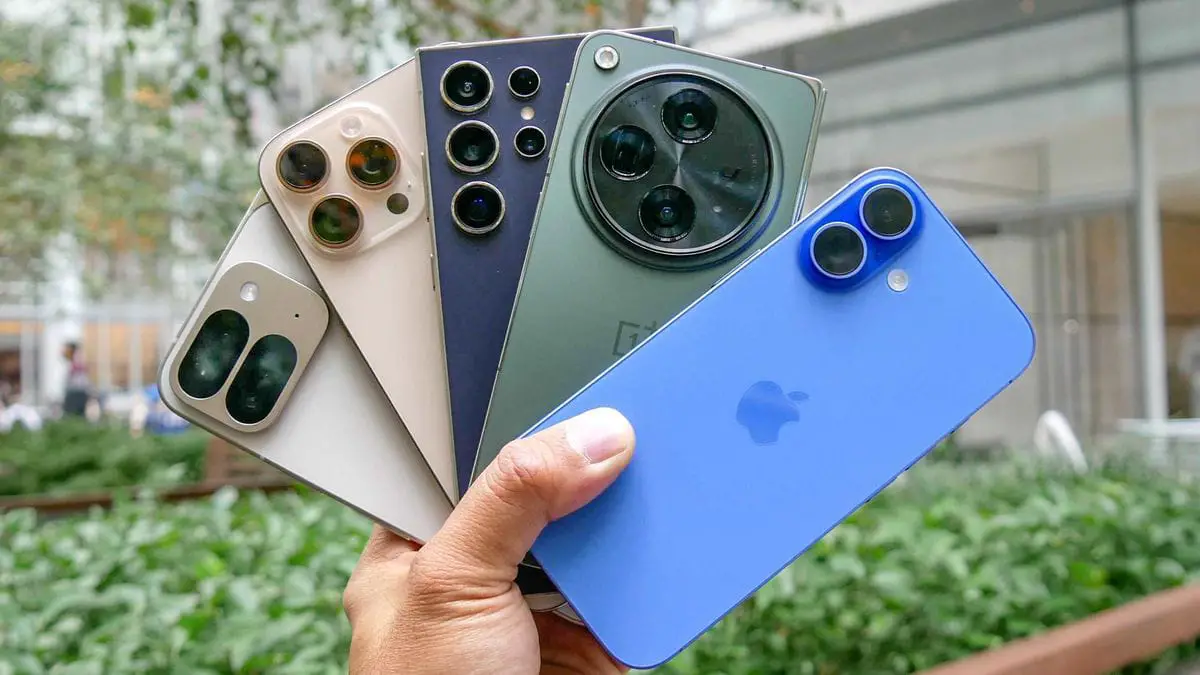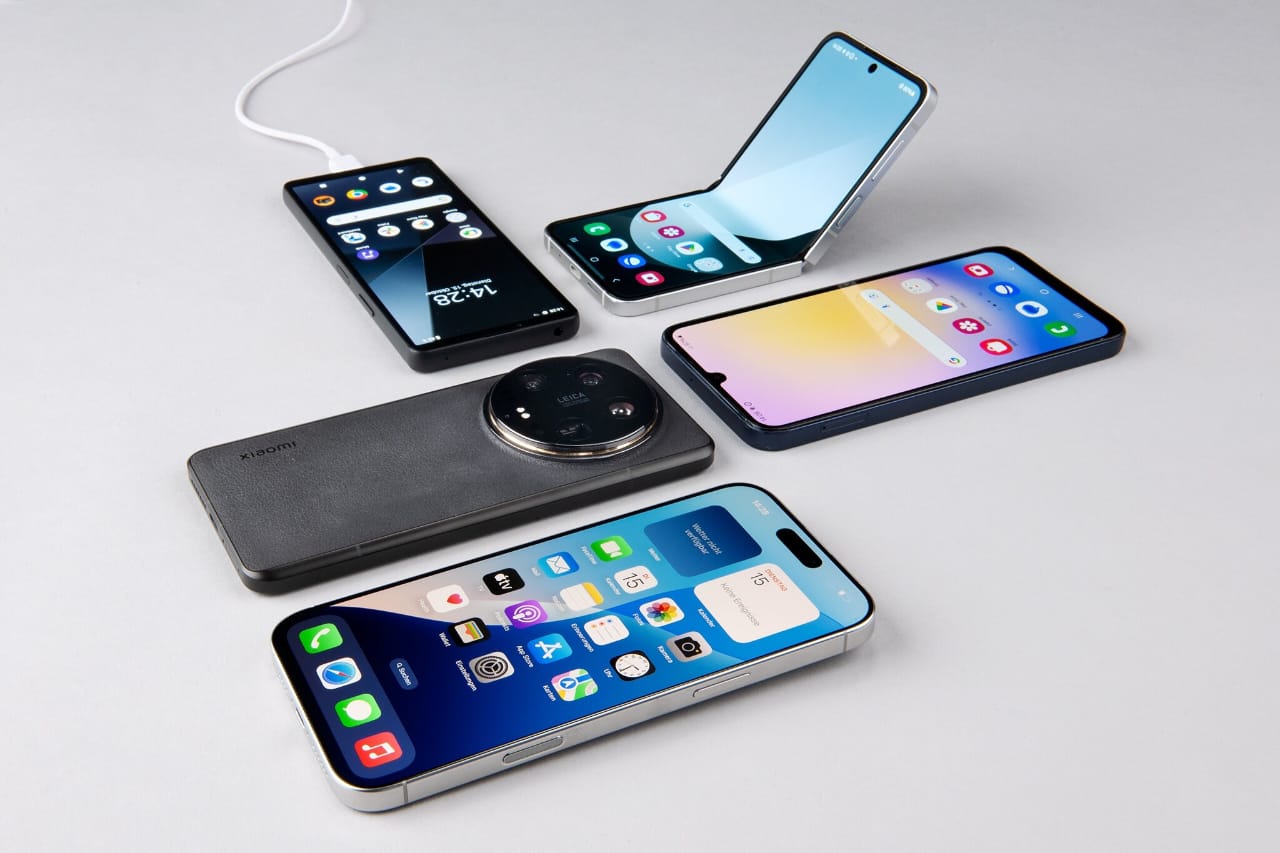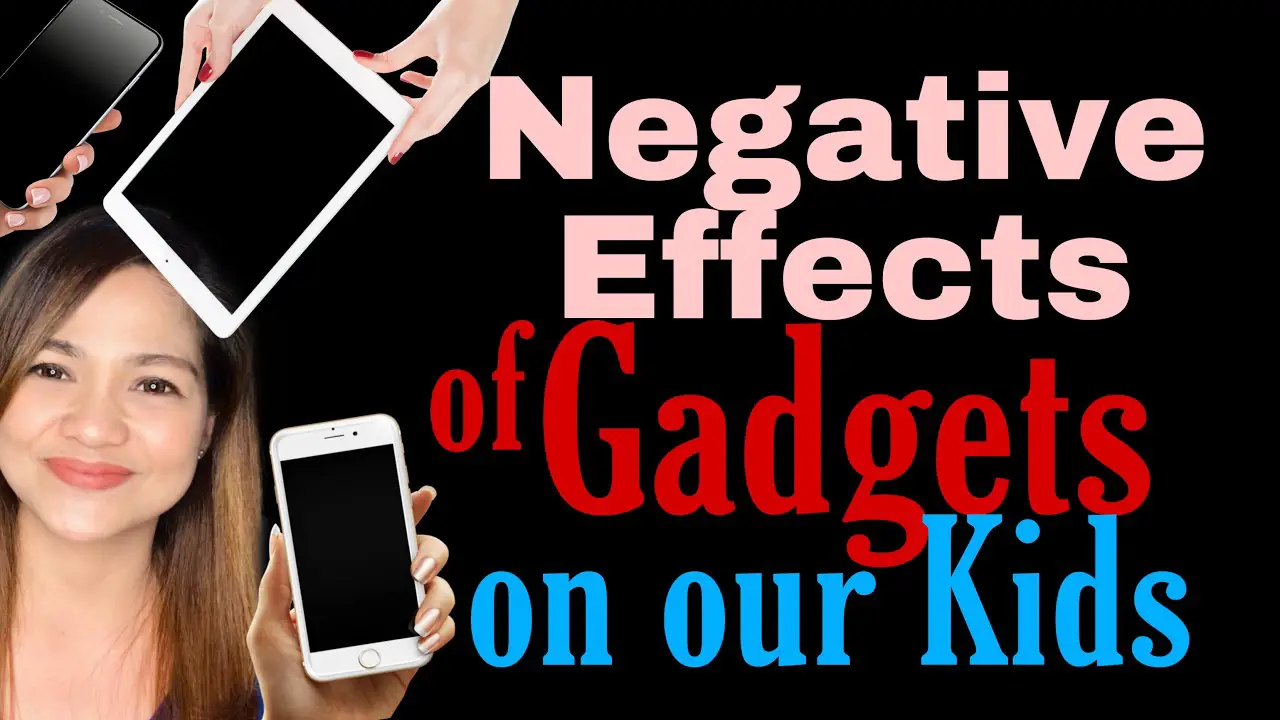In today’s fast-paced digital age, social media apps have become an integral part of our daily lives. From connecting with friends and family to staying updated on current events, these platforms offer a myriad of functionalities that have transformed the way we communicate, share information, and even conduct business. In this article, we will delve into the profound impact of social media apps, exploring their evolution, benefits, drawbacks, and the role they play in shaping our society.
The Rise of Social Media Apps
Social media apps have come a long way since the early days of platforms like Friendster and MySpace. The birth of Facebook in 2004 marked a pivotal moment in the history of social media, setting the stage for the rapid expansion of this digital landscape. Over time, we have witnessed the emergence of various social media giants, each offering a unique experience and catering to different user demographics.
(a). Facebook: Connecting the World
Facebook, with its mission to “bring the world closer together,” has grown to become one of the most influential social media platforms globally. Its user base has expanded to over two billion, making it a hub for sharing life updates, photos, and connecting with friends and family, irrespective of geographical boundaries.
(b). Twitter: A Platform for Real-time Information
Twitter’s succinct and real-time nature has made it a hotspot for news updates, trending topics, and global conversations. Users can follow their favorite celebrities, politicians, and thought leaders, engaging in discussions that often shape public opinion.
(c). Instagram: Visual Storytelling
Instagram’s emphasis on visual content has transformed the way we share our lives. Through photos and short videos, users can curate their digital personas, showcase their interests, and connect with like-minded individuals. The introduction of Instagram Stories has also revolutionized ephemeral content sharing.
(d). LinkedIn: Networking for Professionals
LinkedIn provides a platform for professionals to build their online resumes, network with colleagues, and discover job opportunities. It has become a crucial tool for career development and recruitment.
(e). TikTok: The Short-form Video Revolution
TikTok, with its short-form video format, has captured the attention of younger generations. It has redefined creativity, allowing users to showcase their talents through music, dance, comedy, and more.
The Impact of Social Media Apps
The influence of social media apps extends far beyond personal connections and entertainment. These platforms have left an indelible mark on various aspects of our lives, affecting everything from mental health to political discourse.
(a). Communication and Connectivity
Social media apps have made it easier for people to stay connected with friends and family, especially when physical distances separate them. They enable instant messaging, video calls, and group chats, fostering a sense of togetherness.
(b). Information Dissemination
News travels faster than ever before, thanks to social media apps. Updates on global events, trends, and developments are shared within seconds, enabling users to stay informed about the world around them.
(c). Influence on Politics
Social media plays a significant role in political campaigns and movements. Politicians and activists use these platforms to reach a wider audience, mobilize supporters, and shape public opinion. The impact of social media on elections and social movements cannot be underestimated.
(d). Business and Marketing
Businesses have leveraged social media apps to reach potential customers, build brand awareness, and engage with their audience. Influencer marketing has emerged as a powerful tool for promoting products and services.
(e). Mental Health Concerns
While social media offers numerous benefits, it also raises concerns about mental health. The constant exposure to curated, idealized lives can lead to feelings of inadequacy and low self-esteem. Cyberbullying and online harassment are other serious issues affecting users’ mental well-being.
The Benefits of Social Media Apps
Social media apps bring several advantages to our lives, enhancing communication, entertainment, and opportunities for personal and professional growth.
(a). Global Connectivity
Social media breaks down geographical barriers, allowing people to connect with others from around the world. This global connectivity fosters cultural exchange, understanding, and collaboration.
(b). Information Accessibility
News and information are readily available on social media, democratizing access to knowledge. This can empower individuals to stay informed and engage in informed discussions.
(c). Personal Branding
Social media enables individuals to create and showcase their personal brand. This can be valuable for career growth, networking, and establishing expertise in a particular field.
(d). Entertainment and Creativity
Platforms like Instagram, TikTok, and YouTube offer a space for users to express their creativity, share their talents, and entertain a broad audience.
(e). Business Growth
Small businesses and startups can benefit from social media’s cost-effective marketing opportunities. Social media advertising and engagement strategies can help companies reach their target audience without breaking the bank.
The Drawbacks of Social Media Apps
Despite their many benefits, social media apps are not without their downsides, which can have far-reaching consequences.
(a). Privacy Concerns
Social media platforms often collect vast amounts of personal data, raising concerns about user privacy. Data breaches and misuse of personal information have led to calls for more stringent data protection regulations.
(b). Addiction and Time Wasting
The addictive nature of social media apps can lead to excessive screen time, affecting productivity and real-world relationships. Users may find themselves scrolling endlessly, consuming content mindlessly.
(c). Spread of Misinformation
False information, rumors, and fake news can spread rapidly on social media. This can lead to misinformation, confusion, and even harm when critical decisions are based on false information.
(d). Cyberbullying and Harassment
The anonymity of the internet can embolden individuals to engage in cyberbullying and harassment. Social media platforms have a responsibility to address these issues and protect users from harm.
(e). Filter Bubbles and Echo Chambers
Users tend to engage with content and people who align with their existing beliefs and opinions, creating filter bubbles and echo chambers. This can reinforce polarized perspectives and hinder open dialogue.
Social Media Apps and Society
The influence of social media apps on society is profound, shaping cultural norms, attitudes, and behaviors.
(a). Changing Communication Patterns
Social media has altered the way we communicate, with emoji, memes, and hashtags becoming integral to our online conversations. It has also given rise to new forms of digital etiquette.
(b). Social Activism and Movements
Social media plays a pivotal role in organizing and amplifying social justice movements and protests. The Black Lives Matter movement and the #MeToo campaign are prominent examples of online activism spilling into the real world.
(c). Influence on Language and Culture
Internet culture and slang often originate on social media platforms and can impact language and culture in surprising ways. Memes, in particular, have become a universal form of expression.
(d). Fostering Empathy
Social media can facilitate empathy by allowing individuals to share their personal experiences and struggles. This can lead to greater understanding and support for marginalized communities.
The Future of Social Media Apps
As technology continues to advance, the future of social media apps holds exciting possibilities and challenges.
(a). Augmented Reality (AR) and Virtual Reality (VR)
AR and VR technologies are expected to play a significant role in the evolution of social media. These technologies can create immersive and interactive experiences for users.
(b). Enhanced Privacy Features
Concerns about privacy and data security are likely to drive the development of more robust privacy features and regulations to protect users.
(c). Artificial Intelligence (AI)
AI will be increasingly integrated into social media platforms to enhance user experiences, personalize content, and combat issues like misinformation and harassment.
(d). Ethical Design and Responsible Use
There will be a growing emphasis on ethical design practices and responsible use of social media to mitigate negative consequences and promote user well-being.
Conclusion
Social media apps have become a formidable force in our modern world, reshaping the way we connect, communicate, and engage with information. Their influence is multifaceted, with both positive and negative impacts on individuals and society as a whole. As we move forward, it is essential to harness the power of these platforms for positive change while addressing the challenges they present. By doing so, we can ensure that social media apps continue to play a valuable role in our lives, fostering connection, innovation, and meaningful dialogue.







Leave a Reply